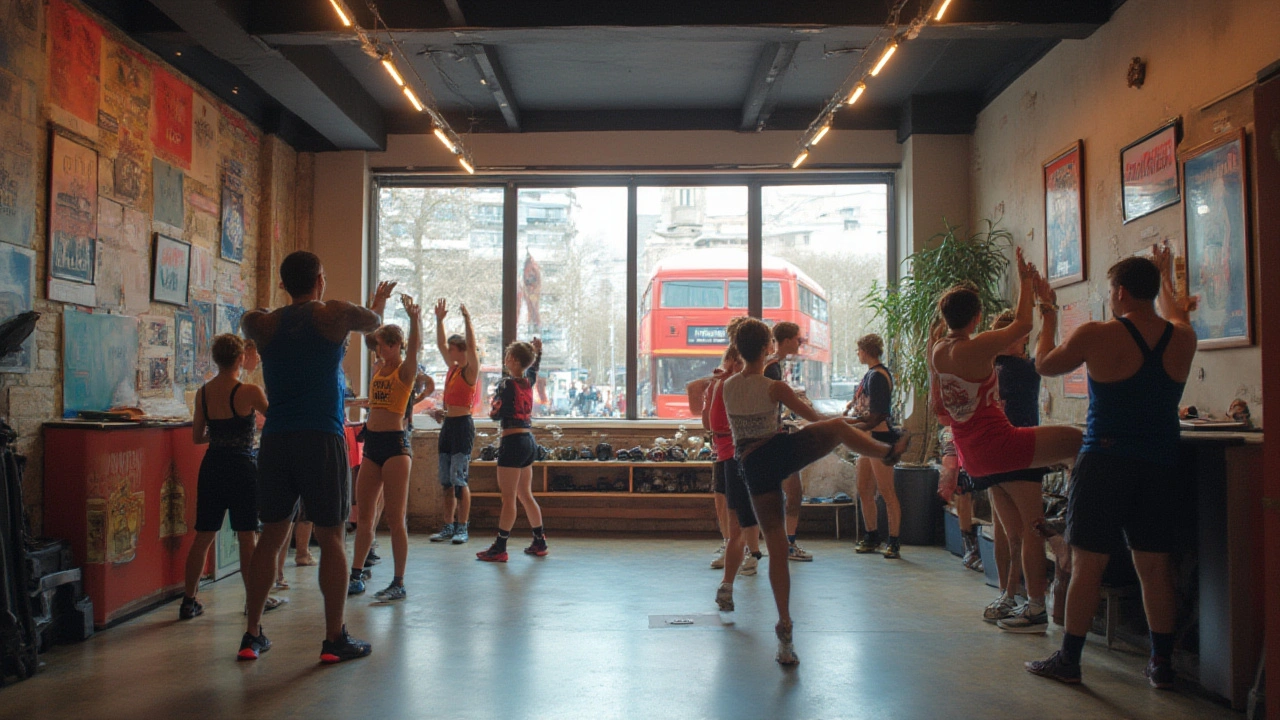Discover London’s most effective sports massage techniques, how they help with injury recovery, and where to find the best therapists in the city.
Performance Recovery with Massage: Fast Relief in London
If you push your body hard—whether on the pitch, in the gym, or during a long workday—muscle tightness and fatigue are inevitable. A good massage can cut recovery time, ease soreness, and get you back to peak performance quicker. In Central London, we blend head, body, and Thai-inspired techniques to target the exact spots that need release.
First thing’s first: you don’t need a whole spa day to benefit. A 30‑minute focused session can loosen tight shoulders, improve circulation, and calm the nervous system. The key is choosing the right style for what you need right now.
Why Massage Works for Recovery
Massage pumps fresh blood into sore muscles, flushing out waste products like lactic acid. It also triggers the release of endorphins, the body’s natural painkillers, which means less discomfort after a hard workout. When you combine gentle strokes on the scalp with deeper work on the back, you hit both the mental and physical recovery pathways.
Deep tissue work breaks down adhesion and scar tissue that can form after repeated strain. Swedish or Thai massage, on the other hand, keeps things light, improving flexibility and joint range without causing additional stress. Both approaches boost the lymphatic system, helping the body clear out toxins faster.
Even simple scalp or Indian head massage can calm the mind, lower cortisol levels, and improve sleep quality. Better sleep equals faster muscle repair, so a quick head massage after a tough session can be a game‑changer.
Choosing the Right Recovery Massage in London
Look for therapists who understand sports‑related injuries and can tailor pressure to your comfort level. A good sign is a therapist who asks about your recent activities and any specific pain points before starting. In Central London, many clinics offer “performance recovery” packages that include a mix of deep tissue, sports massage, and a brief head treatment.
When you book, ask about the session length. For acute soreness, 45‑minutes of targeted work is usually enough. If you’re dealing with chronic tightness, a longer 90‑minute session lets the therapist address multiple areas, from the calves up to the neck.
Pricing in London varies, but expect around £70‑£120 for a solid recovery session. Some places offer discounts for repeat bookings—great if you follow a regular training schedule.
Finally, consider the environment. A calm, low‑light room with soothing music helps the body stay relaxed during treatment. Even a mobile outcall service can recreate that vibe at home, saving you travel time and keeping the recovery flow uninterrupted.
Bottom line: massage isn’t a luxury, it’s a practical tool for anyone who wants to perform better and recover faster. Whether you’re an athlete, a busy professional, or just someone who feels the after‑effects of a hectic week, a well‑chosen massage can shave days off your recovery timeline. Book a session in Central London and feel the difference for yourself.

